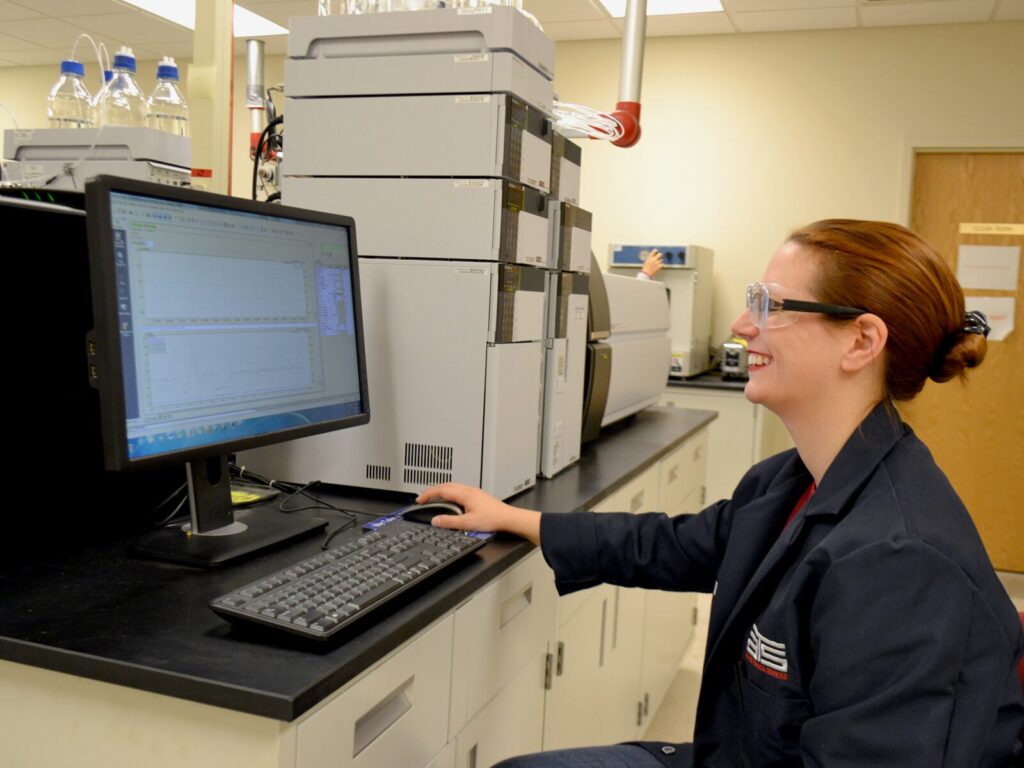ATS is a CPSC approved lab that performs Bisphenol A Testing along with a wide variety of other regulatory tests. This chemical compound, commonly referred to as BPA, is a chemical compound used to make plastics and is used in some plastic additives. BPA’s primary use is in the manufacture of plastics (primarily epoxy resins and polycarbonate).
Suspected of being hazardous to humans, reports began circulating in 2008 regarding consumer concerns with the use of BPA, particularly in infant bottles and food and beverage containers. Recent studies have confirmed and indicated that exposure to BPA can impact consumer health. Even at very low levels, BPA can potentially cause lifelong health problems. BPA is an endocrine disruptor that simulates estrogen in the human body resulting in a potentially wide range of health issues.
Regulating BPA
State Regulations
In support of consumer concerns, several states have banned the use of BPA in baby bottles, sippy cups, food containers, and/or drink containers for use by children less than 3 years old. States with either current or pending legislation regarding the use of BPA include: California, Connecticut, Delaware, New Jersey, New York, Maryland, Missouri, Pennsylvania, Vermont, Washington, Maine, Massachusetts, Minnesota, and Wisconsin.
Retailers also supported the growing concern of BPA by removing suspect products from sale and the industry responded by supplying polycarbonate alternatives to alleviate consumer fears.
Federal Regulations
In addition to the state regulation and retailer support, on July 17th, 2012 the Food & Drug Administration (FDA) approved the American Chemistry Council’s (ACC) suggestion to discontinue using polycarbonate resins in baby bottles and sippy cups. Since BPA is used in the process to make polycarbonate plastic and epoxy resins the approval basically bans BPA in these types of products.
ATS’ Testing Method
To ensure that their products remain complaint with all standards and regulations regarding this compound, manufacturers send samples of their products to Applied Technical Services for Bisphenol A testing. ATS conducts Bisphenol A testing using a method called Liquid Chromatography Mass-Spectrometer (LC/MS/MS). The LC/MS/MS is a very sensitive instrument that can detect organic compounds at ultra-low levels — our chemists currently achieve detection limits as low as 0.1 parts-per-billion (ppb) using this method.
Testing to this extremely low detection limit will ensure your products are in compliance with the BPA limits and bans, such as those established by the state of California.



